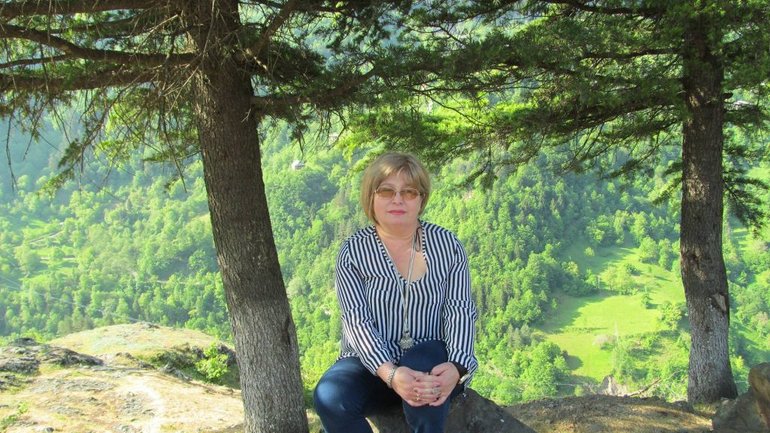Russia blackmails Georgians with the loss of Abkhazia and Ossetia if the OCU is recognized

Whether this is really the case, Leyla Dzhedzhelava, a Georgian expert, told in an interview for Religiyna Pravda.
"Such blackmail, which has nothing to do with the canons, exists. Although the Russian Orthodox Church has no right to recognize anyone without an Ecumenical Patriarch. That's his prerogative," she said.
When asked whether chaplains from the Russian Armed Forces are encouraged to serve in places where Russian troops are stationed, including Abkhazia and South Ossetia, the expert added:
"Unfortunately, the Georgian Orthodox Church cannot yet provide spiritual care to the flock in the occupied territories. The Russian Orthodox Church is indeed present there, but I can't say how they deal with the flock. But I am sure that they also promote anti-Georgian sentiments."
According to her, Georgia is a Caucasian country, but it has a clear political focus on the West.
"Georgian culture is generally a part of Western culture. Of course, it is influenced by Arab and Persian culture, given the historical cataclysms that Georgia went through. But we are part of Western culture. To summarize, we are a moderate-liberal society with ultraconservative groups. For the past thirty years, the Church has remained one of the most reputable organizations in our country. This is an indisputable fact, when measuring ratings and organizations and personalities, the highest positions were occupied by the Georgian Church and the Georgian patriarch, to whom all politicians were inferior. Even against the background of the pandemic and all the warnings, there are a lot of people in the church," Leila Dzhedzhelava explained.









